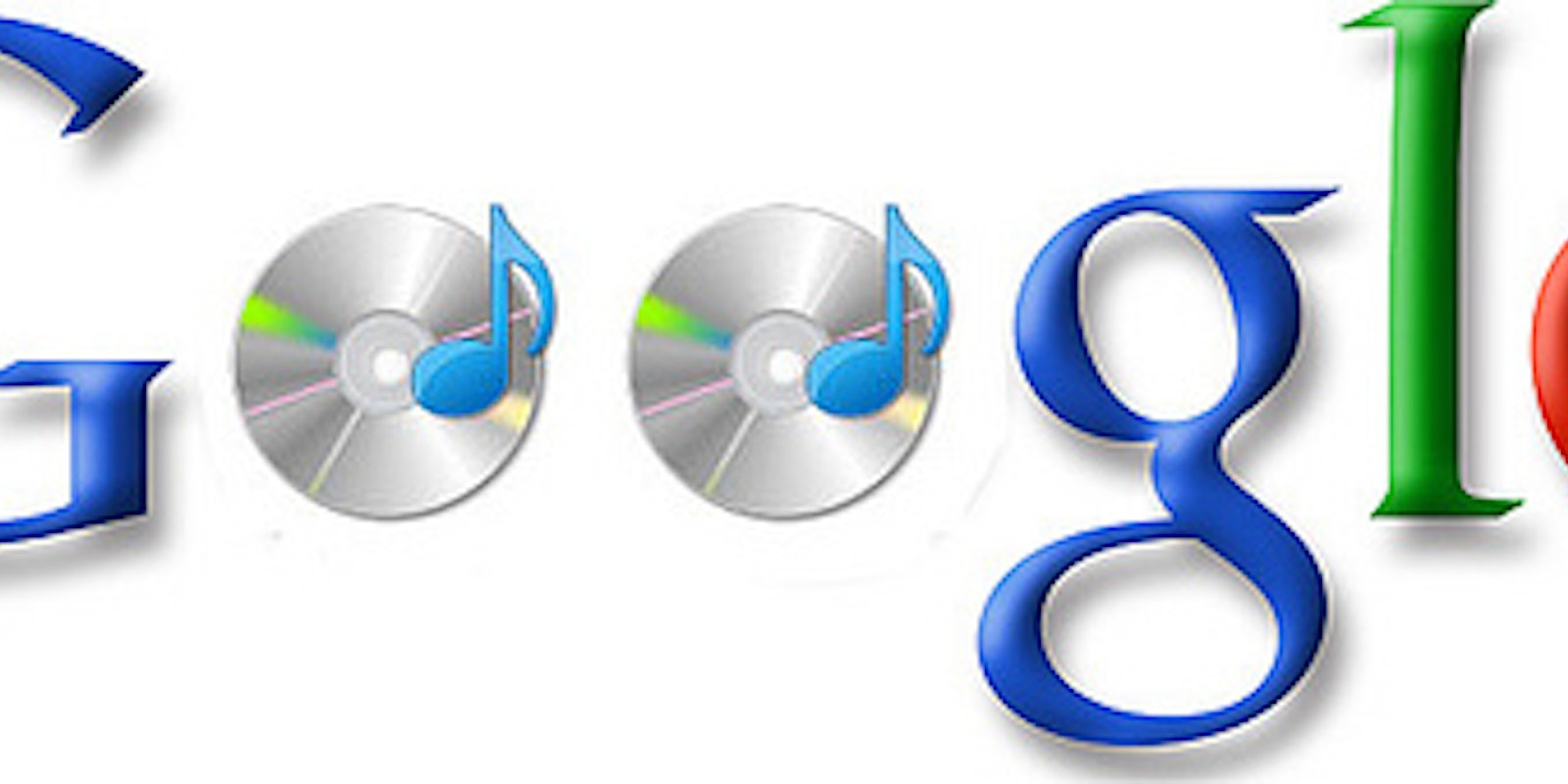After sound-checking a beta-version for the past six months, Google finally launched its digital music service. The highly anticipated event, live-streamed on YouTube yesterday, was billed “These Go to 11.” Early feedback indicates, however, that the announcement fell mostly on deaf ears.
In short, the search giant is about a decade late to the party. The new service secured the content rights to 13 million songs, including the catalogs of EMI Group, Universal Music, and Sony Corp.
Converting potential customers from iTunes, Amazon, or even Pandora Radio, though, will be as difficult as swaying longtime Facebook users to use Google+. That’s particularly pertinent given that Facebook’s recent partnership with Spotify has already helped users share their listening activity more than 1.5 billion times.
Google Music does boast some distinct advantages. Tracks, priced by between $0.99 and $1.29, are automatically transferred to Google’s cloud “music locker,” allowing for playback on Web browsers and Android mobile devices. By contrast, Apple just launched the iTunes Match, a similar cloud storage system with an annual $25 price tag.
More importantly, purchased songs—and complete albums for that matter—can be shared and listened to once by friends and followers on Google+ (though sharing songs between the two might not be as easy as it sounds). That move creates a far more social experience than iTunes, if not Facebook (via Spotify) or even Twitter, where the iPhone app Soundtracking is gaining momentum.
What’s most impressive about Google Music is also what’s least apparent: a significant attempt to help indie artists. The service includes a feature called “Artist Hub” that allows acts to upload their own music and sell it at a price of their own choosing, retaining 70 percent of all sales. Most major music services offer a similar service, but Google Music appears to be streamlining the process and offering a solid deal in return.
According to the New York Times, bands will be also able to sell music directly on YouTube, allowing artists to quickly turn online success into actual revenue. That alone makes Google Music a worthwhile endeavor.
Yet, in the end, Google Music is little more than pawn the chess game between Apple and Google. It’s less a music service and more an accessory to a lifestyle choice.
